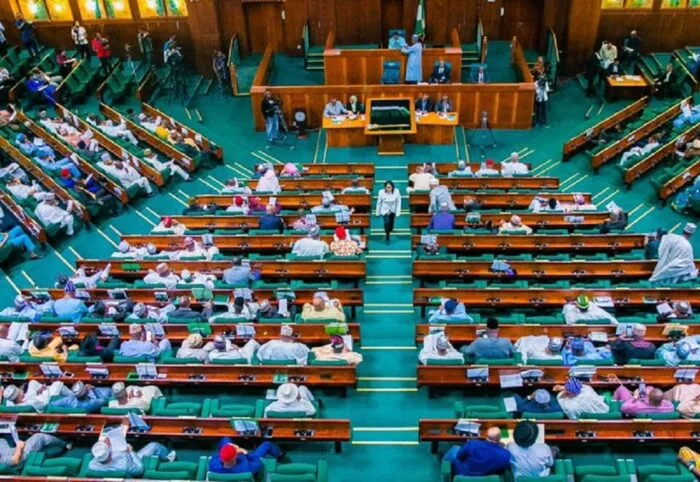The Yoruba Nimi Empowerment Foundation has vehemently denounced House Bill 2057, a proposed amendment to the Nigerian Constitution that seeks to redefine indigeneity based on birth, ten years of continuous residence, or marriage. The foundation argues that this proposed amendment undermines the very essence of indigeneity, reducing it to a transactional status acquired through mere residency or marital union, rather than recognizing it as an inherited birthright deeply intertwined with ancestral lineage and cultural heritage. The foundation’s president, Olaseni Bokini, emphasizes that indigeneity is not a commodity to be earned but an intrinsic part of one’s identity, passed down through generations and woven into the historical fabric of a people. He warns that the bill’s passage could have dire consequences, potentially marginalizing authentic indigenous populations and disrupting the delicate balance of traditional governance structures.
The foundation’s primary concern is the potential for displacement of original inhabitants. By granting indigenous status based on easily attainable criteria like residency or marriage, the bill risks opening the door for individuals with no genuine ancestral ties to claim indigenous rights and privileges. This could lead to a scenario where authentic indigenous populations are edged out of economic opportunities, excluded from traditional governance structures, and denied access to local resources that have historically belonged to their ancestors. This displacement, the foundation argues, would not only be a grave injustice but also a threat to the preservation of indigenous cultures and traditions. Mr. Bokini emphasizes that the bill’s attempt to supplant birthright and ancestral lineage with superficial, time-bound criteria is a fundamental flaw that jeopardizes the very foundation of traditional societies.
The proposed redefinition of indigeneity also poses a significant threat to local culture and governance, according to the foundation. By allowing individuals from outside the community to attain indigenous status through residency or marriage, the bill creates a pathway for external influences to infiltrate and potentially dominate the affairs of indigenous communities. This influx of external influences, often unfamiliar with or disrespectful of the nuances of local culture and traditions, could lead to the erosion of indigenous customs, practices, and governance structures. The foundation expresses particular concern for the Yoruba land, with its long-established system of monarchy, chieftaincy, and traditional councils, which would be particularly vulnerable to disruption under the proposed amendment.
The foundation fervently believes that the bill’s focus on residency and marriage as criteria for indigeneity trivializes the profound significance of ancestral connection and shared history. Indigeneity, as the foundation defines it, is not simply a matter of where one lives or who one marries; it is a deep-rooted connection to a particular land, a shared heritage, and a collective cultural identity passed down through generations. This connection, the foundation argues, cannot be replicated or replaced by mere residency or marriage. The bill’s attempt to equate these superficial criteria with genuine ancestral lineage represents a fundamental misunderstanding of the concept of indigeneity and its profound importance to the identity and well-being of indigenous communities.
The Yoruba Nimi Empowerment Foundation strongly urges the Federal Government, the National Assembly, and all stakeholders to reject House Bill 2057 in its entirety. They believe that the bill, in its current form, represents a dangerous precedent that could undermine the rights and cultural heritage of indigenous populations across Nigeria. They call upon all Yoruba sons and daughters, as well as all Nigerians who value the preservation of cultural heritage, to stand in opposition to the bill and demand its immediate withdrawal. The foundation emphasizes that the fight for the preservation of indigenous identity is a collective responsibility, a legacy inherited from their ancestors who fought to protect their heritage.
The foundation frames its opposition to the bill as a defense of their ancestral birthright. They argue that the proposed amendment represents not only a threat to their cultural identity but also a disservice to the struggles of their ancestors who fought to preserve their heritage. The foundation’s call to action emphasizes the urgency of the situation, urging collective action to ensure that their birthright is not sacrificed for political expediency. They implore all stakeholders to recognize the profound importance of indigeneity and its connection to ancestral lineage, cultural preservation, and the well-being of indigenous communities across Nigeria. The foundation’s message is clear: the preservation of their ancestral heritage is a non-negotiable imperative, and they will not stand idly by while it is threatened by ill-conceived legislation.














